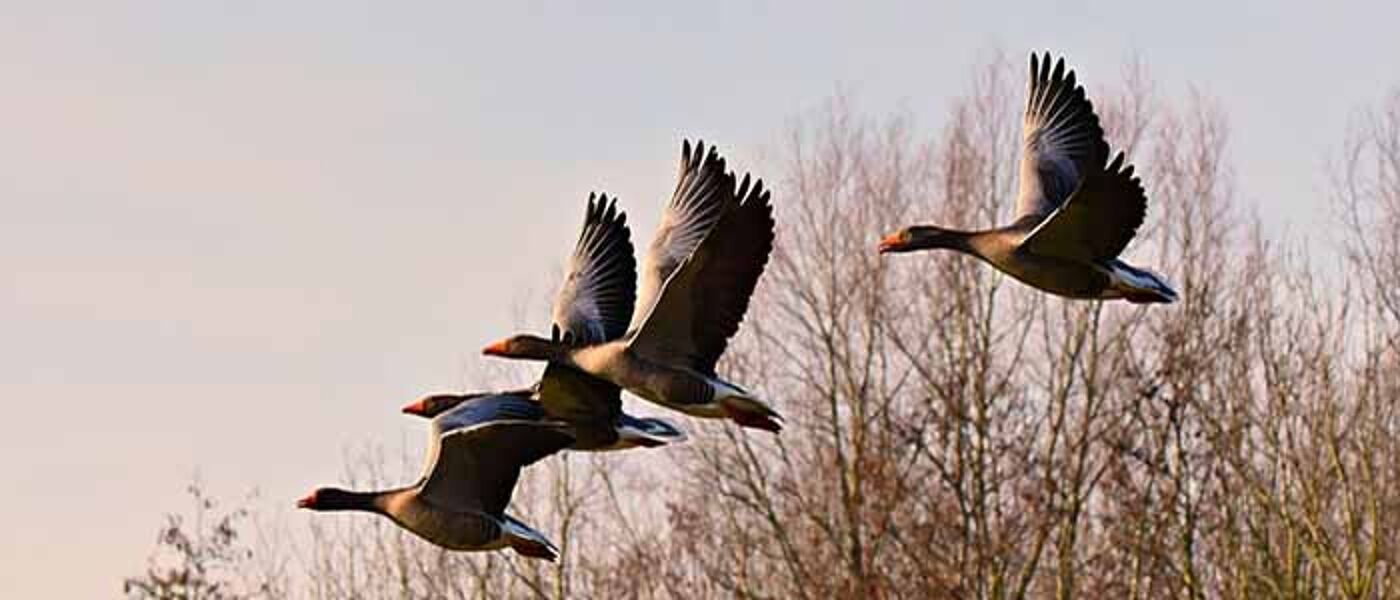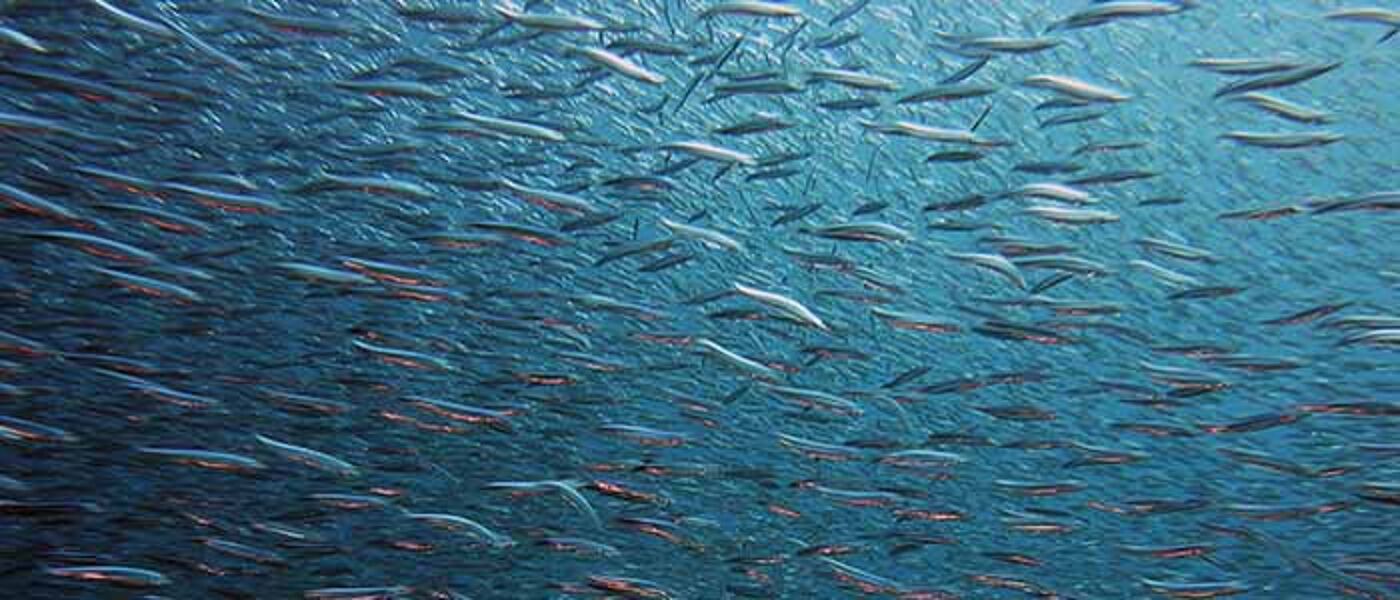Ecology & Environmental Change
Research into the theory and practice of ecology. From individual behaviour and life history to large-scale, long-term ecosystem change, applied to conservation, agriculture and disease control.
Staff
Postgraduate research students
Refine By
-
{{student.surname}} {{student.forename}}
{{student.surname}} {{student.forename}}
({{student.subject}})
{{student.title}}
Overview
The environment is changing faster than at any time in recorded history, due to a range of variables including climate change, habitat loss, renewable energy developments, pollution and over-exploitation of natural resources. These changes are having profound effects on biodiversity, and we need to be able to anticipate their consequences. Such predictive capability relies on robust theory (models that are both accurate and precise) and data integration (the simultaneous use of all strands of evidence). The findings of this synergy between theoretical and empirical ecology then need to be put to good use in the mitigation of future risk for species, human lives and livelihoods.
The Ecology and Environmental Change Theme integrates studies of the effects of environmental change operating at all levels of biological organisation. At the cellular level we are investigating how environmental conditions influence physiological and molecular processes including metabolism, oxidative damage and the rate of ageing. This is linked to studies of how individual animals and plants cope with environmental fluctuations, through range expansion, migration and life history decisions.
We study how habitat composition, availability and spatial fragmentation shape the fine-scale and global distribution of species and we connect these features to the ability of populations to survive and thrive. We study long-term population dynamics, across taxa, through long-term monitoring of wild populations (at a range of field sites including loch and woodland research programmes at our field station and working farm). We have particular strengths in studying species interactions (including those between parasites and hosts) and the emergence of community structure, leading to the study of spatial and temporal patterns of biodiversity, the common thread running through all the themes in the School.
Theme leader: Jason Matthiopoulos
Shared Interests Groups
Avian ecology
Marine Science
Areas of Excellence
Wider Impact
The breadth and interconnectivity between our main research strands in ecology, but also, our broader connectivity with other school themes and university departments, allows our multidisciplinary approach to have impact on key areas of management and policy.
Wildlife resource management
We take a unified human/wildlife approach to management, looking to understand ecological dynamics at the same time as the economic and wellbeing utility of ecosystems. These lead to applications in sustainable harvesting and management of wildlife resources, based on the principles of adaptive management and ecosystem-based approaches. Our work on water quality allows us to understand and predict how nutrient levels might affect the phenotypes of aquatic organisms – and to test if experimental manipulations of nutrient levels can increase the number of harvested fish and their genetic diversity.
Conservation
Conservation-related work focuses on the development of novel tools for integrated modelling of population viability, for very demanding ecological settings such as those of highly fragmented populations. Species-habitat association studies are allowing us to move towards the characterization of critical habitats for multiple species, and to characterize biodiversity hotspots that could benefit from spatial planning. Our extensive research programme in urbanization is allowing us to contribute into the design of future cities and our expansive work on animal movement and anthropogenic structures has an impact on the design of roads and renewable installations in Scotland and beyond.
Control
Our strong connections with the vectors and disease groups in other School themes ensures that research on invasives, parasites and disease vectors is always informed by the best spatio-temporal ecological knowledge and methodology.







